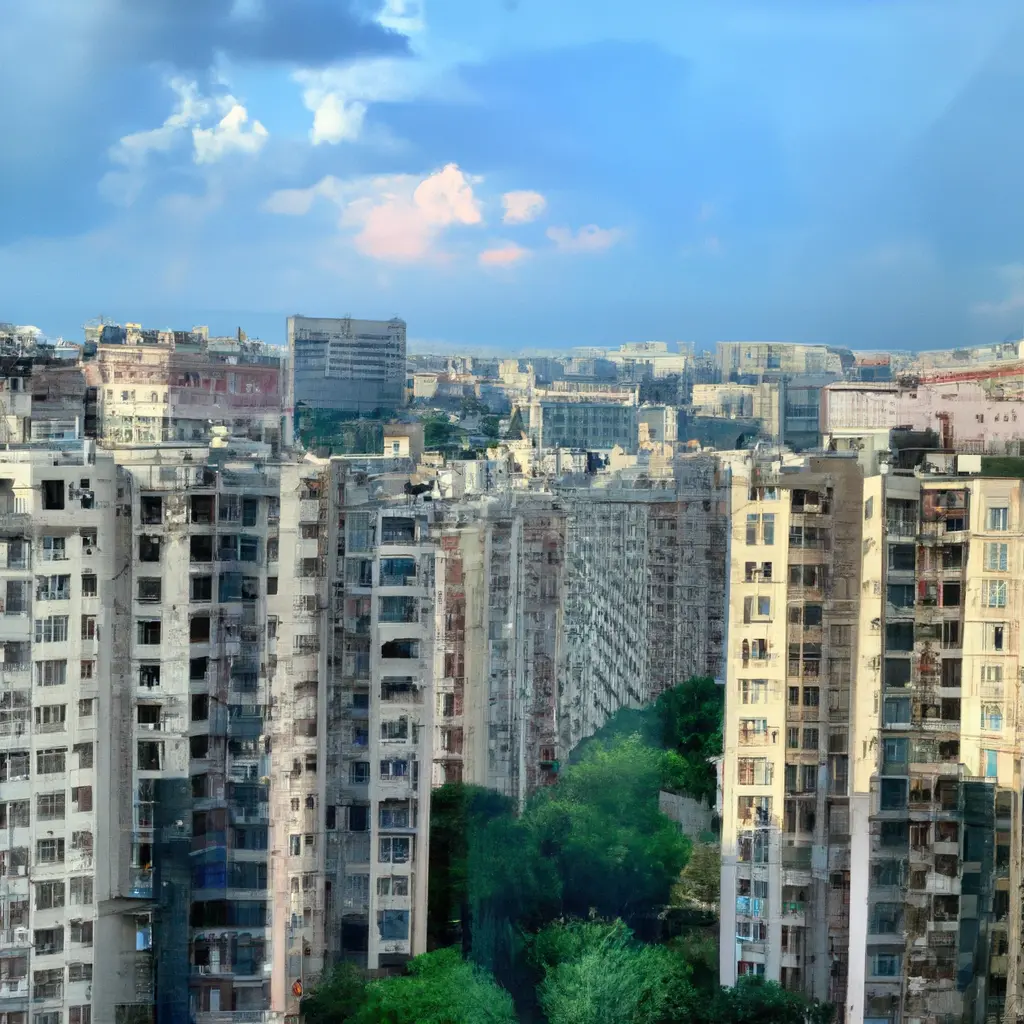renouncing citizenshipNRIs struggle to retain their properties in Bangalore: prepare to renounce citizenship

American Dr. Renuka Divakaruni, who has been investing in real estate for over 15 years, is now considering exiting her investments in Bangalore. "For non-residents of India like us, a recurring challenge is the lack of transparency and lengthy paperwork, as well as local policies related to selling or buying assets in places like Bangalore.'' 'Having investments in several properties in east and north Bangalore, I am finally considering selling these assets,' she added.
Like Divakaruni, other non-residents of India that Moneycontrol spoke to also noted that maintaining the property, especially in the case of rental residential properties, is a challenge.
Kiran Kumar, vice president of Hanu Reddy Realty, which is handling the sale of Divakaruni's second property, said: "Most non-residents of India had already invested about 6-7 years ago when the rupee was much stronger than the dollar. Today, the sale of these assets earns them less income because of the 20 percent source tax. And with high real estate prices in upscale areas of the city and the upcoming' 's general elections next year, India's non-residents are not yet willing to reinvest'.
More non-residents in India are facing problems in wealth management.
According to a study conducted by SBNRI Technologies Private Ltd, about 24 percent of non-residents in India face problems in managing rental properties in the country. More than 4,000 non-residents of India residing in the US, UK, UAE, Singapore and Canada participated in the study.
On the other hand, 6 percent of non-residents in Canada, the US and other countries also face the problem of communicating directly with tenants. While 7 percent of non-residents in Canada, as well as other countries, delegate responsibility for communicating with tenants through' 'Power of attorney to relatives and friends.
The SBNRI report also disclosed that 4 percent of non-residents of India from Singapore, the US and Canada themselves carry out inspection and maintenance of rental properties during their trips to India. "About 5 percent, 3 percent and 1 percent of non-residents from the US, Canada and Singapore, respectively, outsource inspection and maintenance responsibilities to management companies.
1 May 2025
5 May 2025
Local brokers in Bangalore say this is one of the main reasons why non-residents in India look for property management companies before investing in' 'real estate city.
"However, given the large-scale investments, trust issues remain even when dealing with management companies," SBNRI co-founder Shubham Banerjee told Moneycontrol.
Non-residents of India are looking at commercial real estate for higher returns.
Balaji Badrinath, managing partner partner partner of US-based real estate advisory firm Coldwell Banker, said that in Bangalore, residential real estate yields are around 2 percent while commercial real estate yields are around 6 percent. "However, commercial real estate requires huge capital - more than Rs 15 crore on an average - so it often poses a challenge to non-residents of India'' 'several challenges,'" he added.
The SBNRI survey also revealed that around 52 percent of non-residents in India are considering investing in commercial real estate to diversify their portfolio in the Indian real estate segment. This indicates that commercial real estate is one of the most preferred asset classes for non-residents in India as compared to the residential segment.
Banerjee added that equity ownership has played an important role in attracting the interest of non-residents of India in the commercial real estate segment. Equity ownership means that an investor shares the cost of an asset - usually a significant one, such as real estate - with others, retaining a portion of the ownership and' 'rights to use the asset.
Thereby, non-residents of India no longer need to invest Rs 5-10 crore to buy commercial real estate. Instead, a group of investors can pool their funds starting from a minimum amount of Rs 25 lakh to purchase a Class A commercial property.
The SBNRI report shows that non-resident Indians from Singapore (9 percent) and the UK (8 percent) earn more income from commercial real estate investments than from residential investments. Meanwhile, for non-resident Indians residing in the UAE, about 7 percent invest in commercial real estate while 9 percent prefer the residential real estate segment.
Comment
Popular Posts
Popular Offers

Subscribe to the newsletter from Hatamatata.com!
Subscribe to the newsletter from Hatamatata.com!
I agree to the processing of personal data and confidentiality rules of Hatamatata





